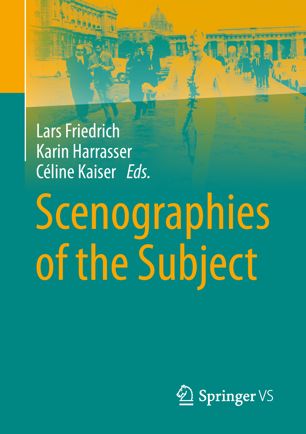

Most ebook files are in PDF format, so you can easily read them using various software such as Foxit Reader or directly on the Google Chrome browser.
Some ebook files are released by publishers in other formats such as .awz, .mobi, .epub, .fb2, etc. You may need to install specific software to read these formats on mobile/PC, such as Calibre.
Please read the tutorial at this link: https://ebookbell.com/faq
We offer FREE conversion to the popular formats you request; however, this may take some time. Therefore, right after payment, please email us, and we will try to provide the service as quickly as possible.
For some exceptional file formats or broken links (if any), please refrain from opening any disputes. Instead, email us first, and we will try to assist within a maximum of 6 hours.
EbookBell Team

5.0
80 reviewsUnder what circumstances do subjects become visible? And how do subjects themselves change and move the circumstances that allow them to appear? Rather than describing medial, architectural, or rhetorical arrangements that are readily available to subjects, or concentrating on the processes of subject constitution without their scenic arrangements, this volume is dedicated to the reciprocal production of both subjects and scenes. From various perspectives, it underlines the abysmal conditions in which subjects arrive on stage and vice versa the stages arrive at their subjects. Through articles that analyze concrete scenes in a highly-focused manner and question the concept of the scene itself, this volume argues that there is not subject without a scene, and no scene without an instance of description. Based on this thesis, this volume investigates antique drama and revolutionary rhetoric, therapeutic and bureaucratic facilities, experiments in fine art and film, and, not least, scenes of theory: rhetorical stages that perform arguments and politics.
EditorsDr. Lars Friedrich works at the Institute for German Literature at the University of Frankfurt am Main.Dr. Karin Harrasser is a professor at the Art University in Linz.Dr. Céline Kaiser is a professor at the University of Applied Sciences and Arts in Ottersberg.